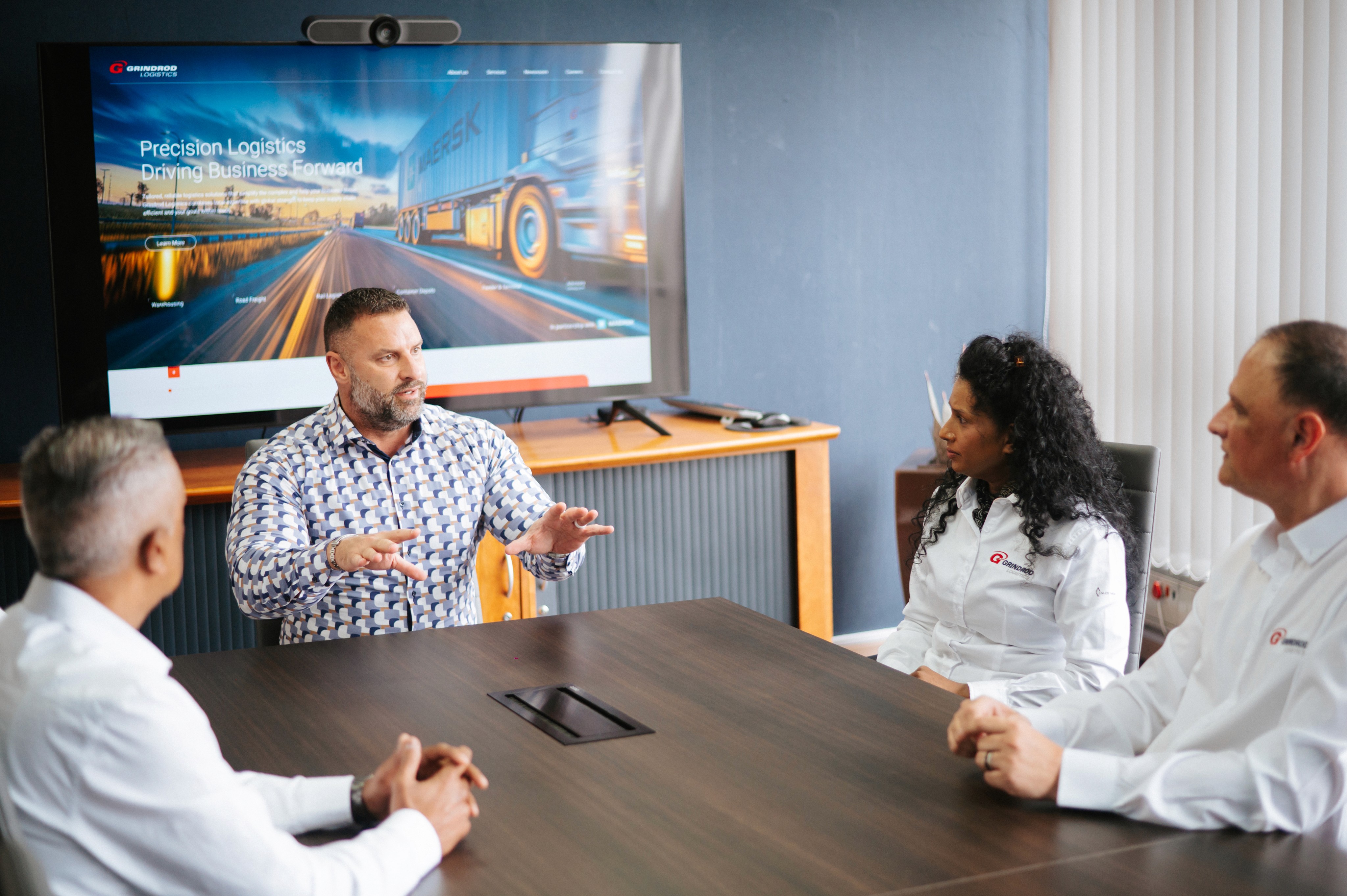Message from the CEO: Preparing for the Challenges and Opportunities of 2025
As we step into 2025, it is essential to recognize that this year will test our resilience and adaptability. The global landscape is becoming increasingly complex, and while certain dynamics remain unpredictable, it is our ability to prepare for and navigate these uncertainties that will define our success.
Global Trade Shifts and Economic Implications
One of the key developments on the horizon is the potential realignment of global trade, particularly with the U.S. administration considering significant tariff increases, including a proposed 60% tariff on Chinese imports. Rising protectionism could hinder global trade, resulting in only modest growth in South Africa’s export volumes in 2025. Additionally, the new U.S. administration could renegotiate the Africa Growth and Opportunity Act (AGOA), potentially imposing stricter rules and limiting certain products or using it as a tool to align sub-Saharan African countries with U.S. interests, especially concerning critical minerals.
China, contributing 19% to the world’s GDP, is likely to recalibrate its export strategies to offset these challenges. How these shifts impact imports, exports, and the broader global supply chain will be critical for businesses to monitor and adapt to.
The Imperative of Technology and Sustainability
In parallel, we must continue to embrace technological advancements, particularly in artificial intelligence (AI). Investing in and implementing AI solutions is no longer optional; it is essential for businesses to remain competitive. Every major business study underscores this fact: those who effectively leverage technology to close efficiency gaps will thrive.
However, alongside technological innovation, we cannot ignore the escalating challenges of climate change. The impact of extreme weather events on global supply chains—such as the unprecedented floods that disrupted last year’s citrus season—has made it clear that sustainability must be at the core of our operations. This is not just a corporate responsibility but a strategic imperative. We need to think creatively about how to mitigate these risks while continuing to prioritize environmental stewardship.

South Africa: A Positive Outlook Amid Challenges
Closer to home, there is reason for cautious optimism. South Africa’s real GDP growth is projected to rise to 1.7% in 2025, with declining inflation likely to boost consumer spending. This will be further supported by the implementation of the new two-pot retirement system, which allows access to pension savings. Additionally, lower interest rates and reforms in energy and logistics should enhance fixed investment.
These positive developments offer a foundation for growth. However, we must remain mindful of external pressures, such as rising protectionism, and prepare to pivot strategically in response.
Resilience Through Diversification
As we prepare for potential disruptions, diversification becomes a key strategy. Just like a balanced pendulum, businesses must avoid placing all their resources in one area. A well-thought-out product mix, where one segment can offset challenges faced by another, ensures stability and continuous growth.
Cost Discipline and Employee Alignment
Cost discipline will also play a pivotal role in our success. A cost-conscious culture, supported by measurable key performance indicators (KPIs), is non-negotiable. This means embedding “always-on” cost-saving initiatives into the fabric of our business, rather than treating cost reduction as a one-time exercise. When employees understand and buy into this vision, they become key drivers of our financial sustainability.
Anticipating Geopolitical and Social Dynamics
Beyond internal operations, we must remain vigilant of emerging social, political, and geopolitical trends. Anticipating these shifts—and understanding their implications for our organization—will position us to respond effectively and seize opportunities as they arise.
Collaboration in a Competitive Landscape
While competition remains inevitable, I believe that collaboration—both with competitors and suppliers—will be critical. In today’s tight markets, working together can create efficiencies, whether through sharing warehousing overflow or aligning on mutual goals. Respecting and valuing our suppliers as partners is a mindset we must continue to cultivate. Strong supplier relationships will always translate into stronger customer relationships.
A Call to Action
As we embark on this new year, let us focus on agility, innovation, and collaboration. Let’s embrace our role as leaders in an industry with immense potential. Let’s think differently, pivot when needed, and seize the opportunities that come our way.
I wish you all a successful and prosperous 2025. I welcome your thoughts and feedback because collective insight is what propels us forward.
Here’s to a year of growth, resilience, and success.
Warm regards,
Derek Mans
CEO Grindrod Logistics in Partnership with Maersk
Subscribe to Our Newsletter
Never miss an update from Grindrod Logistics. Subscribe to our newsletter and stay informed about industry trends, company news, and innovations that are shaping the future of logistics.
